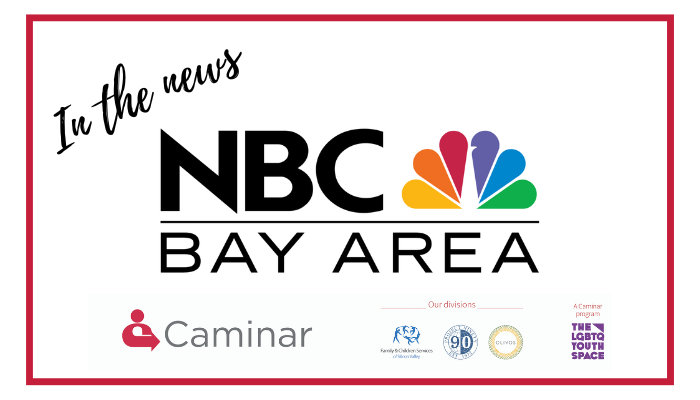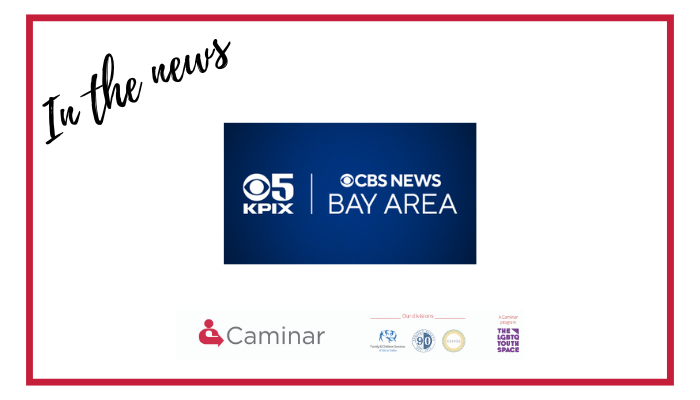CEO LETTER BOARD CHAIR LETTER FINANCIALS NEED IMPACT SPOTLIGHT DONORS AND FUNDERS
Need
Over the course of 2021, the COVID-19 pandemic affected the behavioral health of our community, country, and the world. Vaccine development and rollout allowed some returns to normal, but the pandemic continued to wreak havoc on our behavioral health and disrupt the organizations that care for those in need:
53% of adults in the United States reported their mental health has been negatively impacted due to worry and stress over the coronavirus
63% of young adults reported symptoms of anxiety and/or depressive disorders during the pandemic
The average share of adults reporting symptoms of anxiety disorder and/or depressive disorder changed dramatically:
January-June 2019 – 11% versus January 2021 - 41.1%
Substance use and suicidal ideation became pronounced for young adults, with 25% reporting they started or increased substance use during the pandemic
People with lower incomes were more likely to report major negative mental health impacts from worry or stress over the coronavirus. In December 2020, 35% of people earning less than $40,000 reported experiencing a major negative mental health impact, compared to 21% of those with incomes between $40,000 to $89,999 and 17% of those making $90,000 or more
The economic impact of serious mental illness in the United States is $317.6 billion each year: $193.2 billion in lost earnings, $100.1 billion in treatment, and $24.3 billion in disability benefits - including the economic impact of mild and moderate mental illness and substance use conditions, the economic impact of behavioral health conditions grows substantially
While last year saw an increase in demand, the pandemic also affected the utilization of services and the ability of health care organizations to serve all those in need of services. At Caminar, we experienced some limitations:
Vaccinations were not widely available until the fourth quarter of the fiscal year 2020-2021, hindering the number of people who could be served in person
While telehealth was deployed, some clients were unable to utilize it as effectively due to the severity of one’s illness, challenges with the technology, or lack of a device or reliable internet service
A pre-existing shortage of clinicians and system strains was exacerbated by COVID-related staffing and other challenges that impacted the ability of our network to refer clients to us
School closures negatively impacted our capability to reach all adolescents typically served through school-based services
Office closures, shelter-in-place, work-from-home initiatives, and limits on public gatherings negatively impacted our capacity to educate the community through our Speakers Bureau
However, Caminar continued to show up for those most in need.
Please read our Impact.













